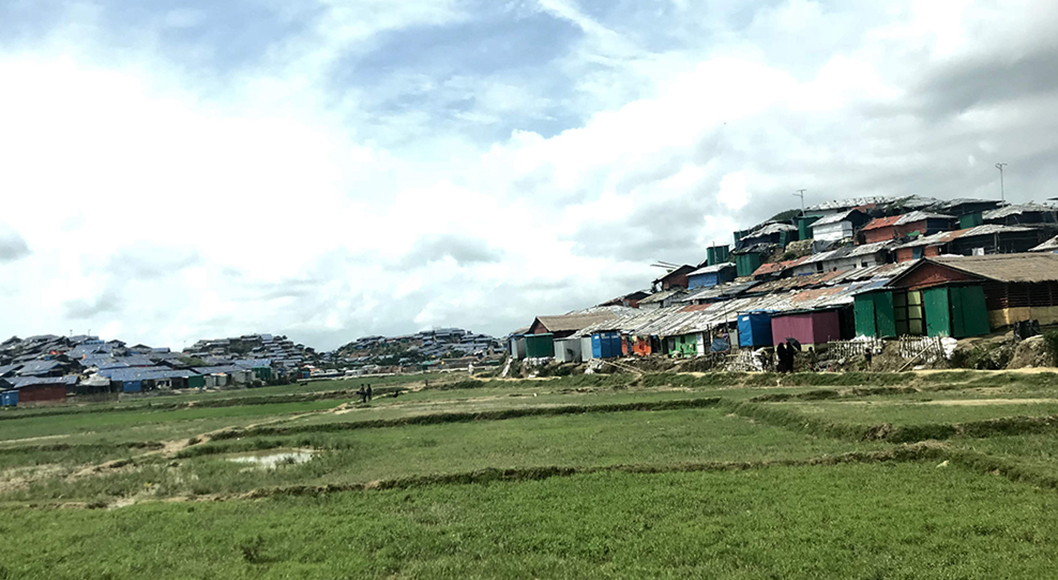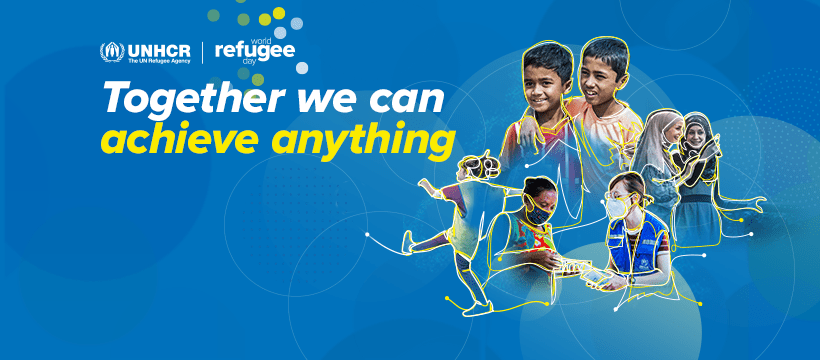JSI helped the United Nations Population Fund (UNFPA) in Bangladesh meet the reproductive health needs of the Rohingya refugees in Cox’s Bazar. JSI also advised the UNFPA Cox’s Bazar team on systems strengthening steps that would make the transition from procuring Inter-Agency Reproductive Health (IARH) kits to individual products more successful.
JSI estimated demand and calculated the appropriate levels of procured items, the timing of which they were needed, and the funds required. After working to understand Cox’s Bazar supply chain system design, JSI gathered data, determined existing and future system parameters and constraints, and outlined steps for UNFPA-CB to begin the transition away from IARH kits, including:
- Determining a list of items they would like to procure individually.
- Rolling out an electronic logistics management information system.
- Determining inventory control parameters and distribution plans.
- Preparing implementing partners for transition.
Based on JSI's recommendations, UNFPA developed and rolled-out the e-stock system to its 23 supported facilities and two warehouses, recruited staff to improve stock management and use the tools developed for forecasting and supply planning.
JSI has years of experience in fragile states and humanitarian settings, including supply chain work, in South Sudan, Yemen, Nigeria, DRC, post-ebola West Africa, Iraq, and Nepal. Although humanitarian and development work are often seen as separate systems, when working in supply chain management, the same principles apply.



